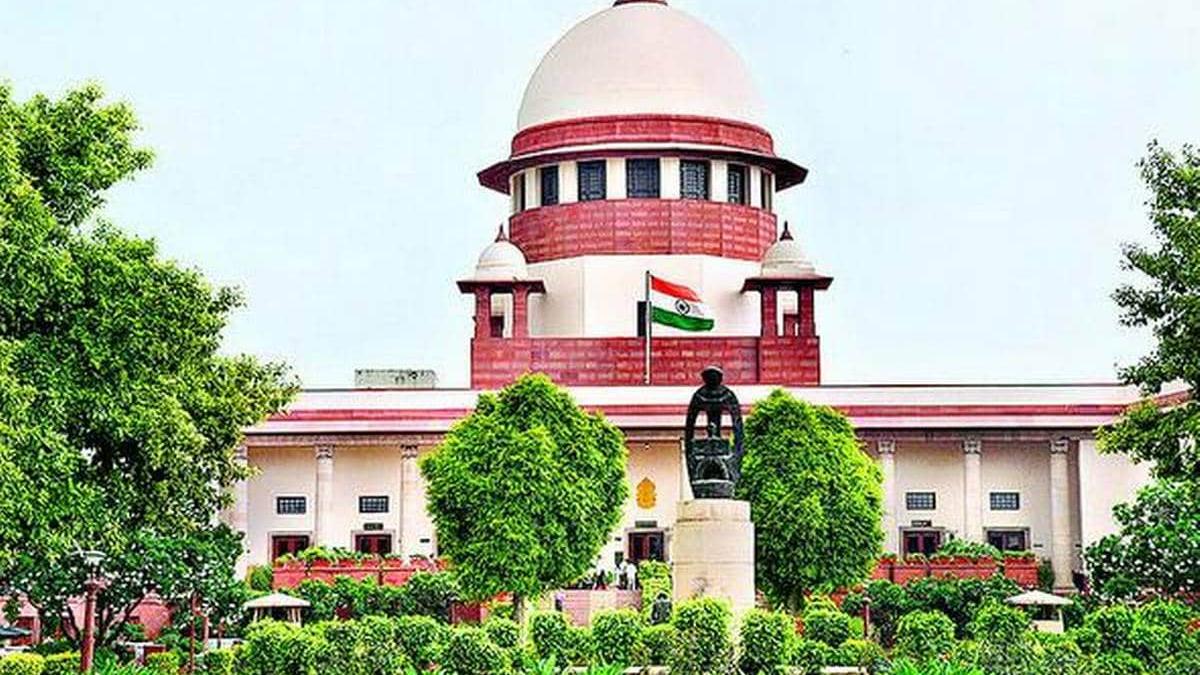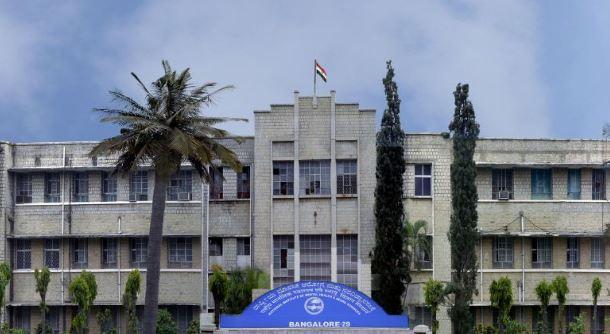Legal Battle in Supreme Court: Tamil Nadu Governor’s Delay in Granting Assent to 10 Bills and Transparency Battles

The Supreme Court on November 20 took note of Tamil Nadu government’s argument that the Constitution does not provide Governor RN Ravi “discretion” to withhold 10 Bills “re-passed” by the State Legislative Assembly.“ Once they have been re-passed, these Bills are put on the same footing as Money Bills. Then you (Governor) cannot reject…” Chief Justice of India D.Y. Chandrachud, heading a three-judge Bench, remarked.
State’s Argument on Constitutional Provisions
Senior advocates, including AM Singhvi, Mukul Rohatgi, P Wilson, and advocate Sabarish Subramanian representing Tamil Nadu, referred to Article 200, emphasizing that once a bill is re-passed, the Governor must not withhold assent. The debate included whether the Governor must send the bills back for reconsideration, shedding light on the procedural intricacies.
Governor Withholding Assent and Legal Challenges
The State accused the Governor of indefinitely holding back bills without providing the assent. The governor did not return the withheld bills it to the state assembly, hindering the implementation of crucial laws. The bills, sent between January 2020 and April 2023, were withheld by the Governor till November 13 The State, in response, convened a special session on November 18 to re-pass the bills and resend them for approval.
“The Governor returned the Bills with just one line ‘I withhold consent’. What was the Assembly supposed to do? So, the House re-passed the Bills… The Governor has to return the Bills with a message spelling out reasons why he has returned the Bills,” Rohatgi pointed out. Singhvi said the Governor had returned the Bills without a “message” suggesting amendments to the proposed laws nor cited reasons for withholding his consent. Besides, he had sat on the Bills indefinitely for nearly three years.
Judicial Inquiry
Questions arose regarding whether the Governor is obligated to send Bills back to the House for reconsideration after withholding assent. The court acknowledged the State’s submission that reiterated Bills, once returned, cannot be referred to the President.
Legal Implications of Re-Passed Bills
The Chief Justice, D.Y. Chandrachud, and a three-judge Bench addressed the State’s contention that after re-passing, bills are similar to Money Bills, and the Governor loses discretion. The court acknowledged the constitutional stance that the Governor cannot withhold assent after re-passage, raising crucial questions about the legislative process.
“Can he simpliciter say ‘I am withholding assent’ without sending the Bills back to the House?” the CJI asked. Singhvi responded that returning the Bills back to the House was a necessary corollary to the withdrawal of assent. The court also acknowledged the State’s submission that the Governor, having withheld assent and sent back the Bills once, cannot refer the reiterated Bills to the President.
Lack of Transparency in Appointments
A separate 30 page note by the Attorney General R.Venkataramani portrayed Governor RN Ravi as a constitutional authority combating the lack of transparency in the selection process of Members of the Tamil Nadu Public Service Commission. The note highlighted concerns about appointments, including insufficient tenure and suspensions for maladministration, creating a constitutional clash between the Governor and the State government.
Governor’s Disapproval of Selection Processes
The 30 page separate note submitted by the Attorney General emphasized the Governor’s disapproval of the selection process for key positions, citing concerns about transparency and adherence to regulations. The Governor’s resistance to appointments without addressing these concerns resulted in returned proposals and heightened tensions between the constitutional entities.
Battles Over Search-Cum-Selection Committees
Contentions between the State and the Governor extended to the constitution of search-cum-selection committees for Vice-Chancellors in certain universities. The Governor asserted that despite reminders, the State did not adhere to UGC Regulations, prompting the Governor to add nominees and reconstitute committees.
Sanctions and Authentication Challenges
The note also highlighted disputes over sanctions for prosecution. The Governor, RN Ravi, requested duly authenticated investigation reports but received unauthenticated documents, creating obstacles in granting sanctions. The ongoing battles include the consideration of sanctions for various former ministers and officials.
Way Forward: Navigating Constitutional Turbulence
The clash between the Governor and the State underscores the challenges in navigating constitutional duties, transparency, and adherence to regulations. The Supreme Court’s involvement adds a layer of judicial scrutiny to the ongoing tussle, emphasizing the need for clarity in constitutional practices and the appointment processes.





